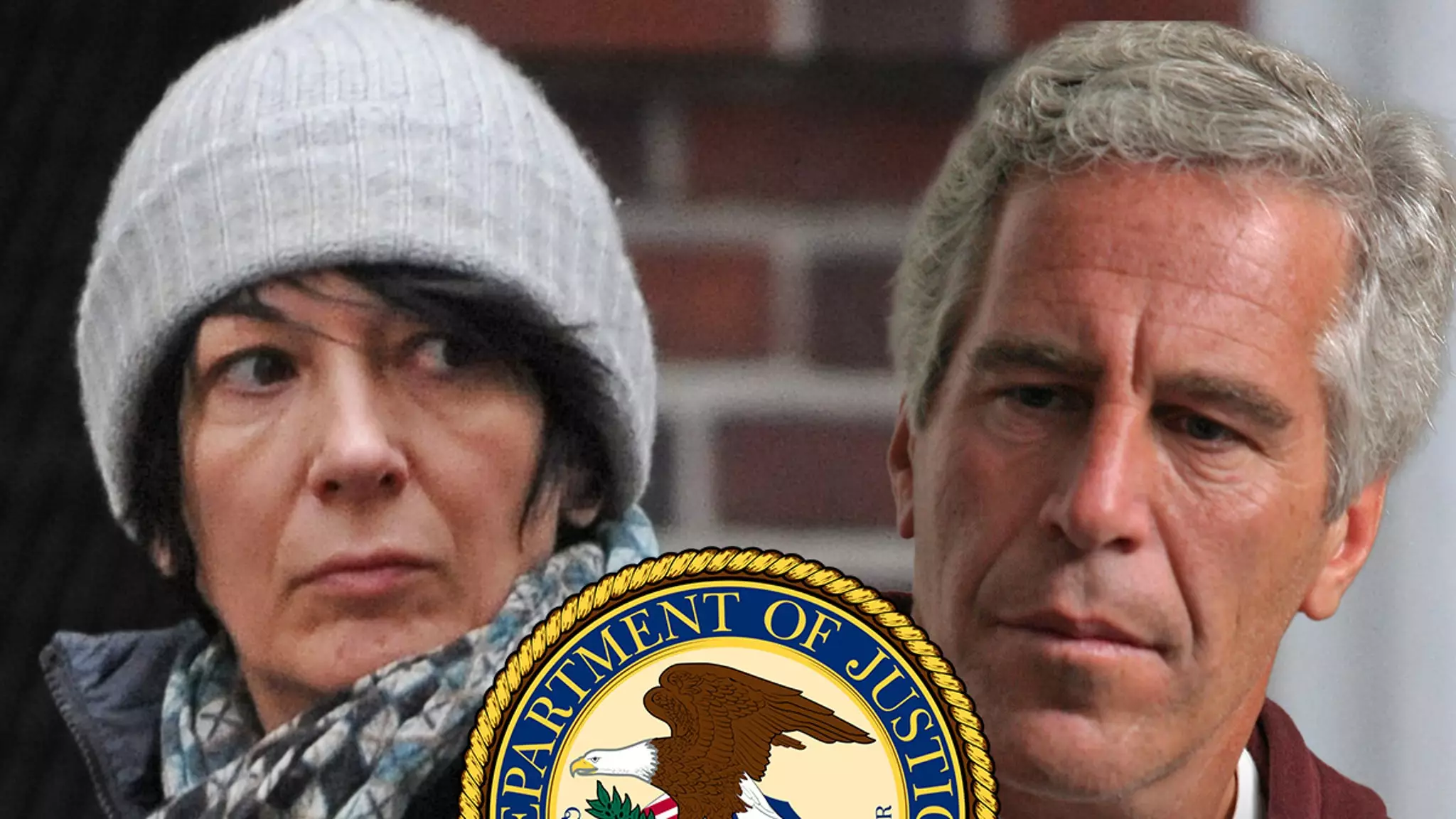Ghislaine Maxwell’s recent federal interrogations mark a pivotal moment in understanding the full scope of Jeffrey Epstein’s disturbing network. Her lawyer’s claim that Maxwell provided limited immunity suggests a strategic move, perhaps designed to encourage her cooperation, but it also raises questions about the potential influence and limitations imposed on her testimony. Limited immunity, unlike full immunity, often leaves the door open for prosecutors to use her statements against her in future proceedings. This delicate balance of trust and leverage underscores the cautious approach law enforcement must adopt, yet it also invites skepticism: is Maxwell truly revealing all she knows, or is she selectively disclosing information to protect herself?
Furthermore, her questioning about approximately 100 individuals signals an attempt to piece together a sprawling web of connections. The scope hints at a broader conspiracy that extends well beyond Epstein himself. Yet, with so many names and details possibly intertwined in a complex labyrinth, parsing truth from narrative becomes daunting. We should question whether her voluntary cooperation is driven purely by a desire for justice or motivated by other less transparent factors, including potential negotiations or hidden agendas.
The Setting, Significance, and Public Perception
The choice of a courthouse in Tallahassee, Florida, nearby Maxwell’s incarceration, reveals the ongoing seriousness with which federal authorities continue to pursue Epstein’s complicities. The spectacle of a plane circling overhead with a banner accusing high-profile figures like “Trump and Bondi” of protecting predators not only amplifies the controversy but exposes the deeply infected political and social undercurrents. Such displays underscore that this case transcends legal boundaries, tapping into broad societal debates about power, privilege, and accountability.
Interestingly, Maxwell’s absence from the 2021 trial, where she was convicted for her role in trafficking women and minors, leaves her testimony now as a rare window into her perspective and the entire operation. Her interviews could reshape public perception, either as a step toward uncovering uncomfortable truths or, conversely, as a calculated move to diffuse longstanding suspicions. Her history of silence during her trial indicates a complex personality—possibly defensive, possibly secretive. Now, her willingness to answer questions hints at a potential shift, but critics should remain skeptical: are her disclosures genuine, or are they a strategic ploy to mitigate her legal exposure?
The Broader Implications and Political Underpinnings
The ongoing investigations into Epstein’s circle and the subsequent attention on his so-called client list evoke a profound sense of injustice. Maxwell’s cooperation might crack open hidden alliances, reveal perplexing connections, and bring to light uncomfortable truths about those in elite circles who allegedly engaged in the abuse. Yet, the political noise surrounding the case complicates matters; conspiracy theories flourish amid ambiguity, and figures like Trump or political allies have been scapegoated by some sectors.
It’s crucial to scrutinize the motivations behind the public’s thirst for revelations. Is this about delivering justice, or feeding a culture of sensationalism? Maxwell’s testimonies will be closely analyzed, not only for their factual content but also for what they reveal about the willingness of institutions to confront uncomfortable realities. The case exemplifies how justice can become entangled with political narratives and societal biases, which must be critically examined.
Maxwell’s recent interactions with federal authorities serve as a critical hinge in the broader investigation into Epstein’s scandalous world. Whether her disclosures will genuinely unravel the truth or merely serve as tactical maneuvers remains to be seen. What is undeniable is that this chapter underscores society’s ongoing struggle to confront darkness within its most privileged echelons, demanding a relentless, scrutinizing eye.

